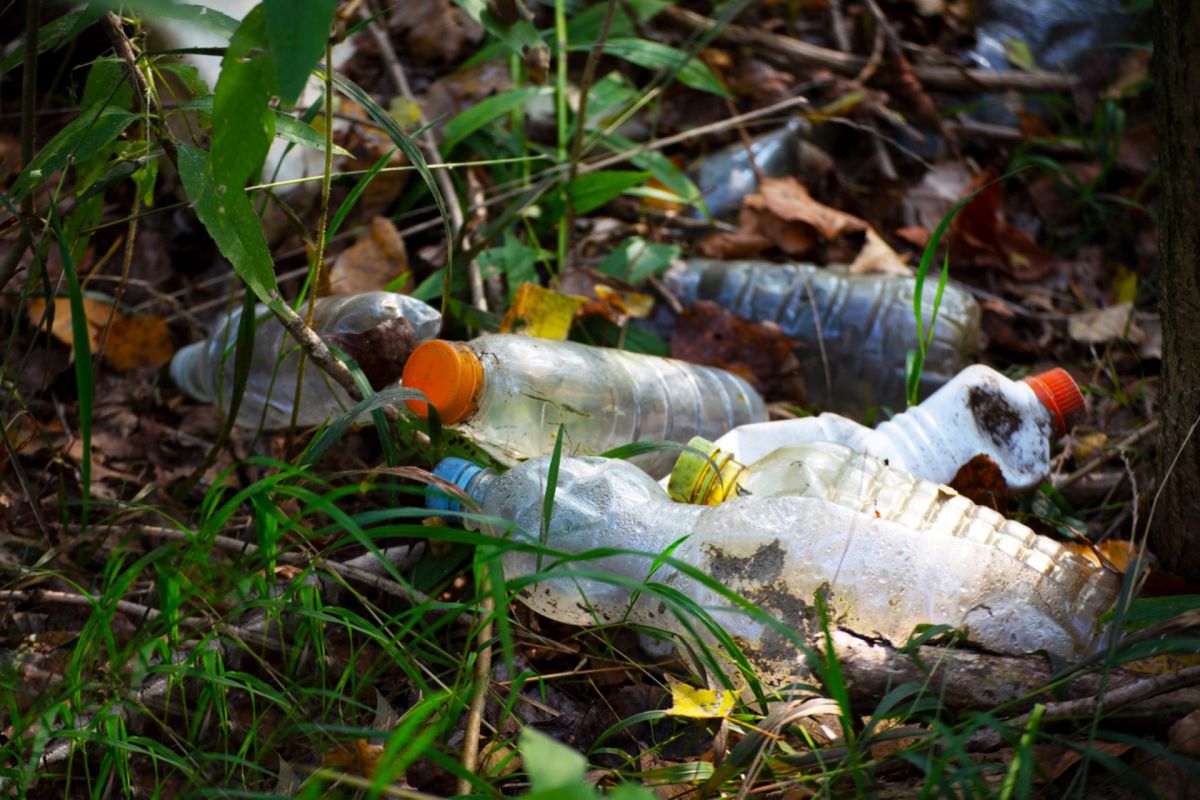While plastic rain sounds like something from a science fiction novel, it's sadly a real-life occurrence. A new bill aimed at breaking free from plastic pollution, however, may show promise at local levels, perhaps helping to ultimately relegate certain phenomena to the past.
Grist reported that three Democrats submitted the Break Free From Plastic Pollution Act of 2023 to Congress on Oct. 25, proposing laws that expand on previous bills from 2020 and 2021.
California Representative Jared Huffman and Massachusetts Senator Ed Markey were co-sponsors of the bill, while Oregon Senator Jeff Merkley was the lead author.
In addition to holding companies monetarily responsible for plastic pollution, the 2023 iteration would offer more protection for neighborhoods near petrochemical plants, which have been linked to health risks and are primarily built in areas with low-income households and communities of color, according to the National Caucus of Environmental Legislators.
"It's time for them [the plastics industry] to get on board," Ocean Conservancy associate director of U.S. plastics policy Anja Brandon told Grist. "The onus is on those companies and those producers of this waste to join us at the table and be a part of the solution."
The bill would mandate plastic makers to reduce their plastic production by 25% by 2032 before cutting the amount in half by 2050.
Plastic pollution is a major problem, with one study from the peer-reviewed journal Scientific Advances finding that 91% of all plastics end up as trash, per National Geographic.
The litter can take hundreds of years to break down, not only negatively impacting our planet's natural beauty but also hurting marine life and other animals that mistake the waste for food.
At this time, the bill doesn't have bipartisan momentum at a federal level, with Brandon telling Grist that "the makeup of Congress has not changed significantly" since the introduction of the "comprehensive package."
There is optimism, however, that parts of the Break Free bill will be implemented in other federal acts or that local governments will use it as a roadmap after California passed the Plastic Pollution Producer Responsibility Act just last year.
"We've seen many of the policies in the Break Free From Plastic Pollution Act work tremendously in California, not only saving natural resources but creating over 100,000 jobs," Nick Lapis, the director of advocacy for Californians Against Waste, said in a press release.
"It's time to take these policies nationwide," he added.
Join our free newsletter for cool news and actionable info that makes it easy to help yourself while helping the planet.









